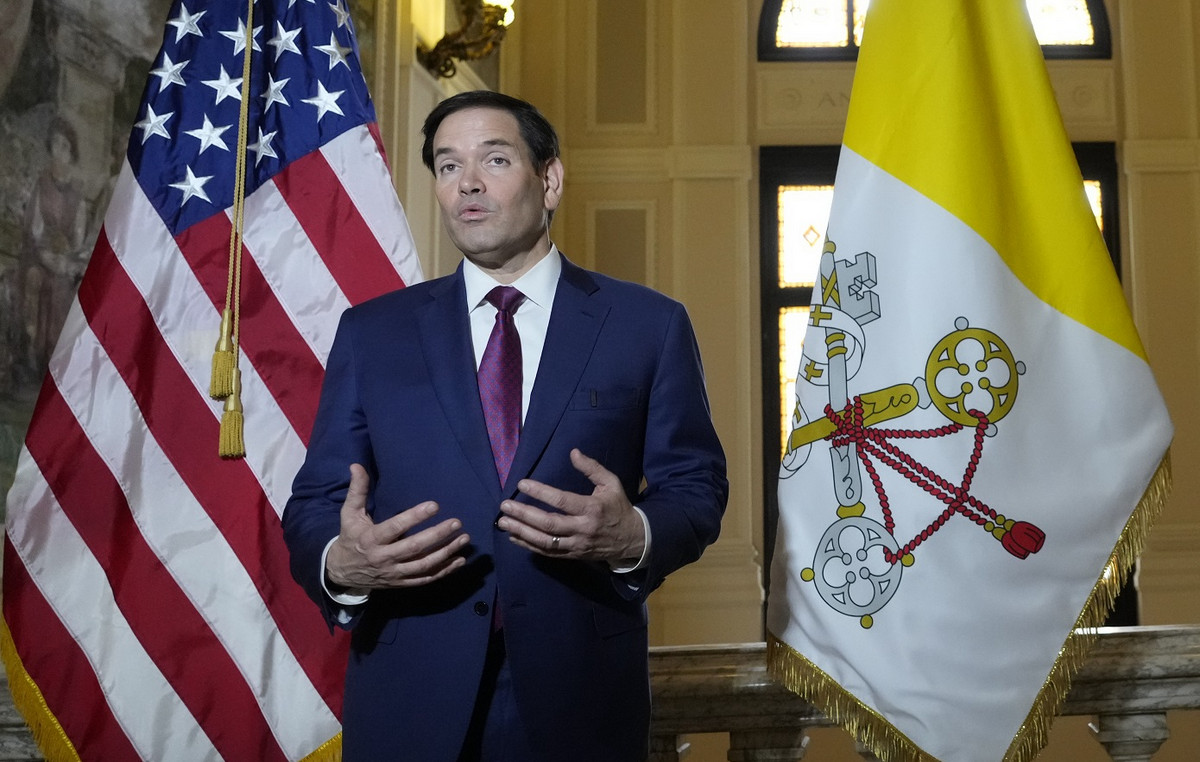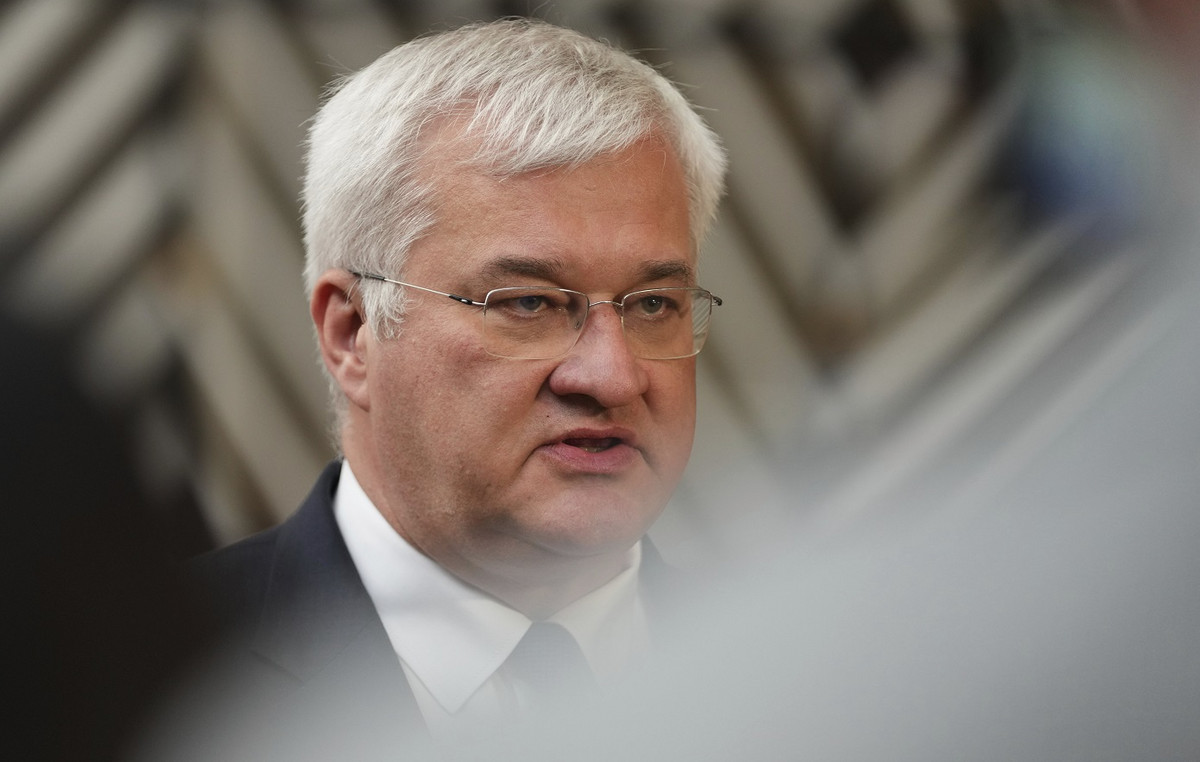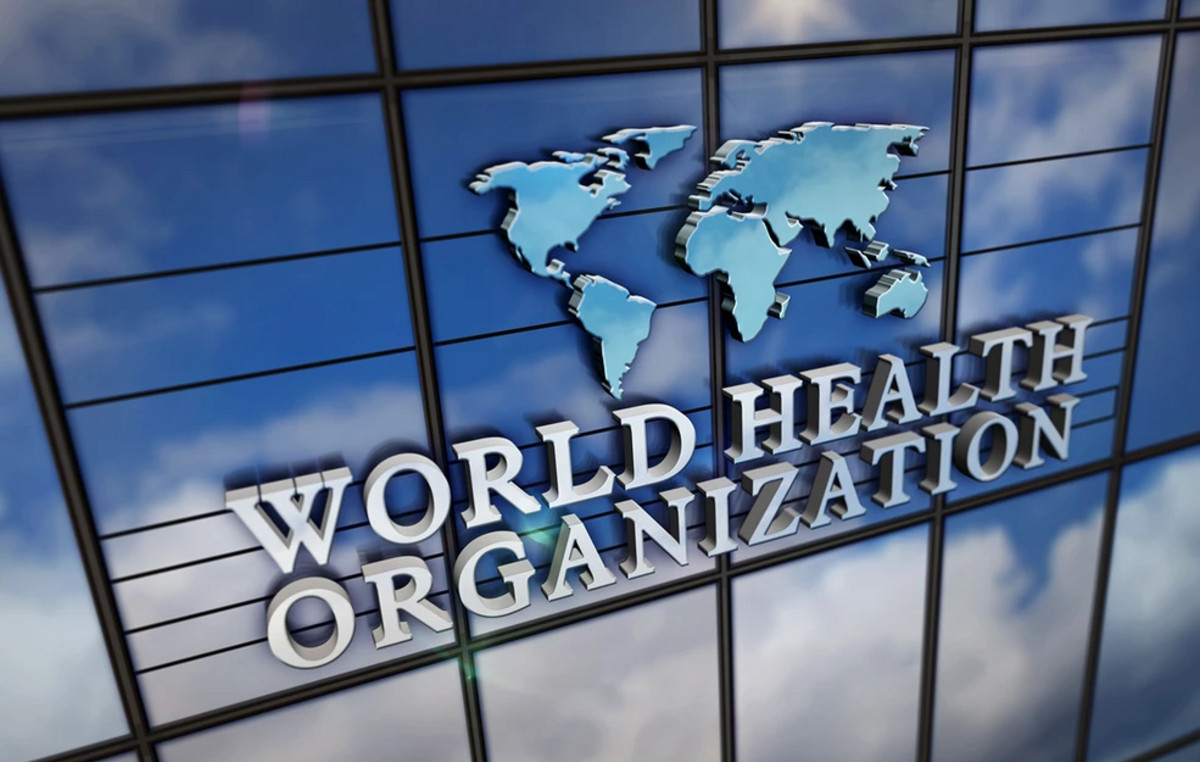The federal government announced on Monday (6) a project to try to reduce fuel prices through temporary tax exemptions on gasoline, diesel and liquefied petroleum gas (LPG).
The three items had strong increases in recent months, with the Gasoline exceeding the average of R$ 7, due to the increase in the Petroleum abroad, forcing Petrobras to raise prices internally.
The solution presented by the government would avoid an intervention in the state-owned company, which would be frowned upon by the market, but experts point out that it should have a reduced impact, and will harm public accounts.
At the same time, the government’s plan, which would involve a new Proposed Constitutional Amendment (PEC ), also depends on the approval in the Senate of a bill that sets a ceiling on ICMS collection for fuels.
What were the government’s proposals?
The government’s idea would first involve the establishment of a permanent ceiling of 17% on the collection of ICMS, a state tax, on fuel, a measure that is part of a bill, PLP 18, already approved in Chamber .
The text classifies fuels, energy, transport and telecommunications as essential goods and services, thus applying the ceiling on the charge. The average charged in the states is currently 24.1% for gasoline and 11.6% for diesel .
With approval in Senate , the federal government indicated that it would present, later this month, a Proposal for Amendment to the Constitution (PEC) as a way to bring about a new reduction in fuel taxes. The text, then, would need to be analyzed and voted on in two rounds in the two legislative houses.
Under the proposal, the government would zero federal taxes for gasoline and ethanol, PIS/Cofins and Cide. Diesel would not have the exemption because it was already implemented by the government in the first quarter of 2022.
On the other hand, the states would not only have the 17% ceiling on the collection of ICMS but they could also temporarily eliminate the application of the tax for diesel and cooking gas.
In both cases, the exemption would be valid until December 31, 2022. The PEC would also create a fund to financially compensate states for the loss of revenue, since ICMS is the main source of revenue at the state level.
PLP 18 also established a compensation for the states with the reduction of ICMS, but valid only for 2022. If the loss of revenue exceeds 5%, the federal government would deduct debts of the states in the equivalent value.
In the case of PEC, the government did not determine exactly where the money for the compensation would come from. According to the economics analyst at CNN Priscila Yazbek, possible sources discussed would be the income from the capitalization of electrobras or else the dividends paid by the Petrobras .
According to the policy analyst at CNN Gustavo Uribe, the government’s economic team estimated an impact on public accounts with the PEC of R$ 40 billion , R$ 15 billion for exemption from PIS/Cofins and Cide and R$ 25 billion for compensation to the states. Minister Paulo Guedes estimated spending between R$ 25 billion and R$ 50 billion.
Learn more about oil and how its quotation works
What would be the impact on prices?
If PLP 18 and the government’s proposed PEC were approved and sanctioned as they are, the consumer would see an impact on the price of pumps, but also depending on the degree of transfer to the gas stations.
If it were full, the combination of the 17% ceiling on ICMS and the exemption from PIS/Cofins and Cide would take gasoline from the current average price of R$7.25 to R$5.36.
Diesel, with ICMS exemption, would drop from R$ 7.05 to R$ 6.23. Cooking gas, also exempt from ICMS, could fall from R$112.7 to R$97.97.
Challenges and criticisms
The main problem that the federal government must face for the approval of the PEC, and that it already faces with the PLP 18, is the resistance of states .
State representatives claim that the 17% ceiling on ICMS would not make sense as it is a definitive solution to a conjunctural problem in fuel prices. In addition, they point out that the loss of revenue would exceed R$ 80 billion, and would affect health and education expenditures.
They further claim that the states have already given up part of the collection when they froze the base value of ICMS collection for fuels in 2021, with no impact on the final price. The federal government points collection records in the states, with surpluses.
In the case of PLP 18, the compensation method is resisted by the states, mainly because it is valid only for 2022, while the change in the collection would be definitive. The text should be voted on next Monday (13), according to the rapporteur in the Senate .
As a result, there is pressure from states in the Senate to make changes to PLP 18 and reduce the impact on state accounts, with presentation of alternatives to reduce prices.
Still in relation to the PEC, analysts criticize the effectiveness of the project. One of the main points is that the prices of gasoline and diesel are already out of step with the international market after new highs for oil.
The lag for gasoline, of around 20%, would require an increase of around R$1, while diesel, with 10%, would need to increase by around R$0.50. These increases alone would already reduce the impact of the PEC and the PLP, and further readjustments are not ruled out.
“The most serious thing is that a possible reduction in the value of fuels at the pump is not so expressive in relation to the lag that already exists in these values and the possibility of new increases that are coming”, said David Zylbersztajn former director general of the National Petroleum Agency (ANP) to CNN .
The change in the Constitution with the PEC also increases the so-called fiscal risk, with the market fearing a possible lack of control in government spending and accounts, and leading to an exit of investments .
The consequence is an appreciation of the dollar against the real, making imported products more expensive, including fuel. With this scenario, the analyst at CNN Thais Heredia points out that a Bradesco bank analysis projects a potential reduction in inflation this year with the project, but an increase in the following year.
Source: CNN Brasil
I’m Susan Karen, a professional writer and editor at World Stock Market. I specialize in Entertainment news, writing stories that keep readers informed on all the latest developments in the industry. With over five years of experience in creating engaging content and copywriting for various media outlets, I have grown to become an invaluable asset to any team.







